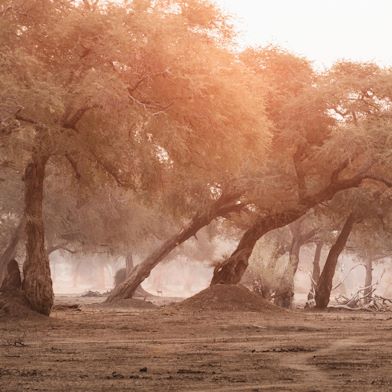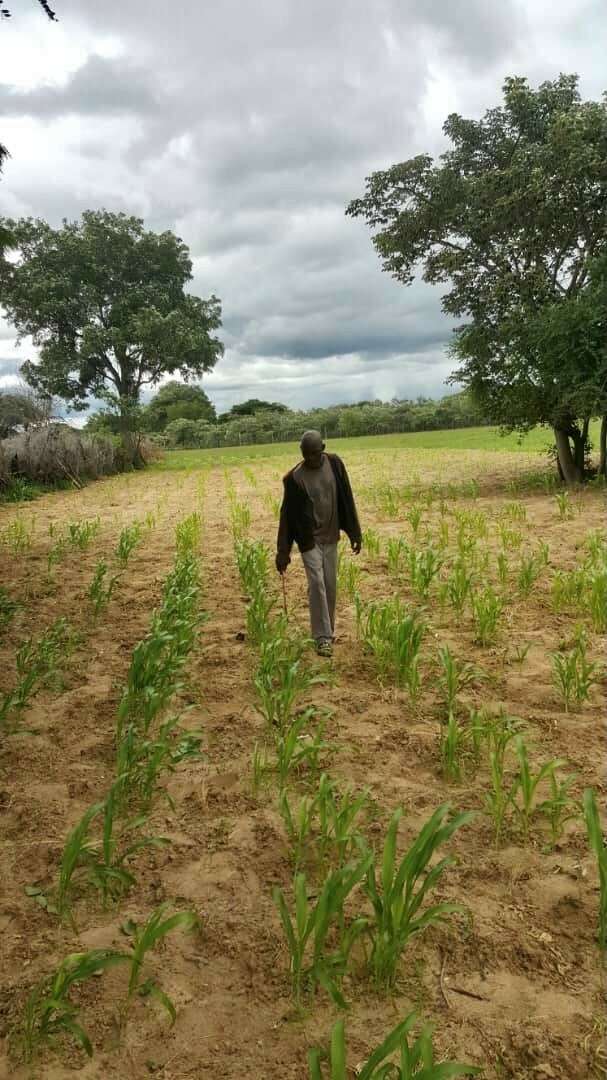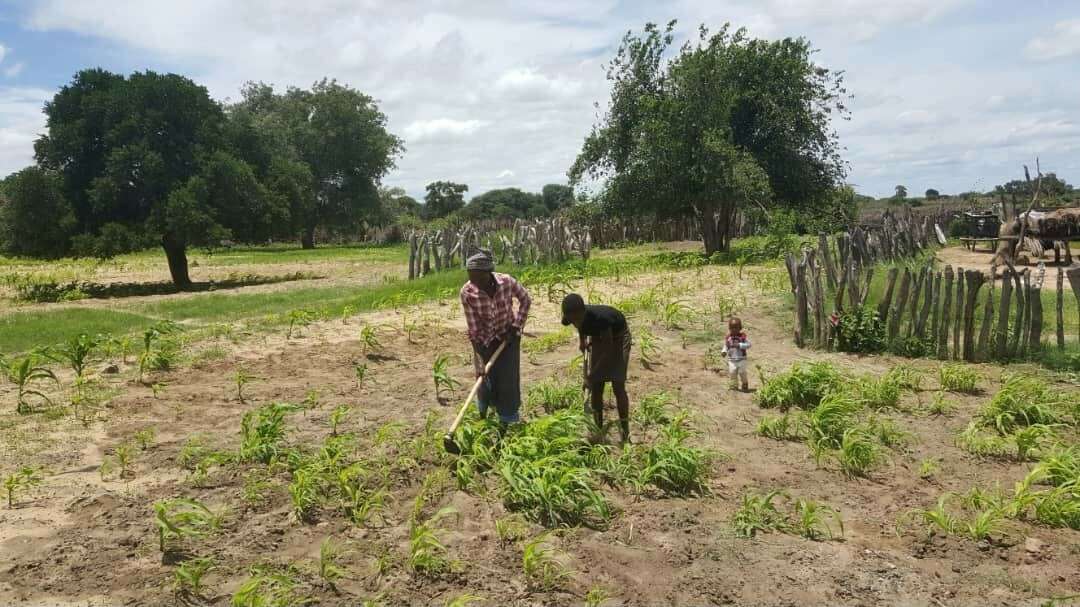Zimbabwe
CITW Zambezi - Celebrate the Rains, Reap the Grains
Conservation
Wilderness Blogger
2/2/2022
More to discover

The Hoanib – Linear Oasis of the Namib
Ephemeral rivers are seasonal but sustain wildlife in dry area. Learn about Hoanib River formation. ...
Read moreMartin Benadie
30.06.2025

Ngamo: Story of an African farm
It’s a cold and misty morning at Wilderness Davison’s, a remote safari camp in Zimbabwe’s renowned H...
Read moreAndy Wassung
20.06.2025

Rare wildlife to celebrate this World Endangered Species Day
As part of our ongoing effort to increase the world’s wilderness, we create habitats for Africa’s mo...
Read moreLauren Dold
13.05.2025

Beneath the Albida trees: Forests of Mana Pools & the Wilderness Chikwenya Experience
Explore Mana Pools’ magical albida forests & discover why Wilderness Chikwenya offers unmatched acce...
Read moreLauren Dold
12.04.2025

How we build our safari camps
Learn about Wilderness’ sustainable approach to building safari camps in remote African locations. ...
Read moreMerryn Haller
13.02.2025

Let’s plan your next journey
Ready?
When we say we’re there every step of the way, we mean it, literally. From planning the perfect circuit, to private inter-camp transfers on Wilderness Air, and easing you through Customs. We’re with you on the ground, at your side, 24-7, from start to finish. Ready to take the road less travelled? Contact our Travel Designers to plan an unforgettable journey.

